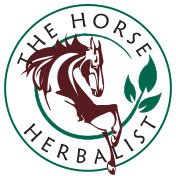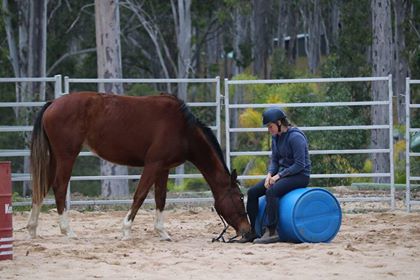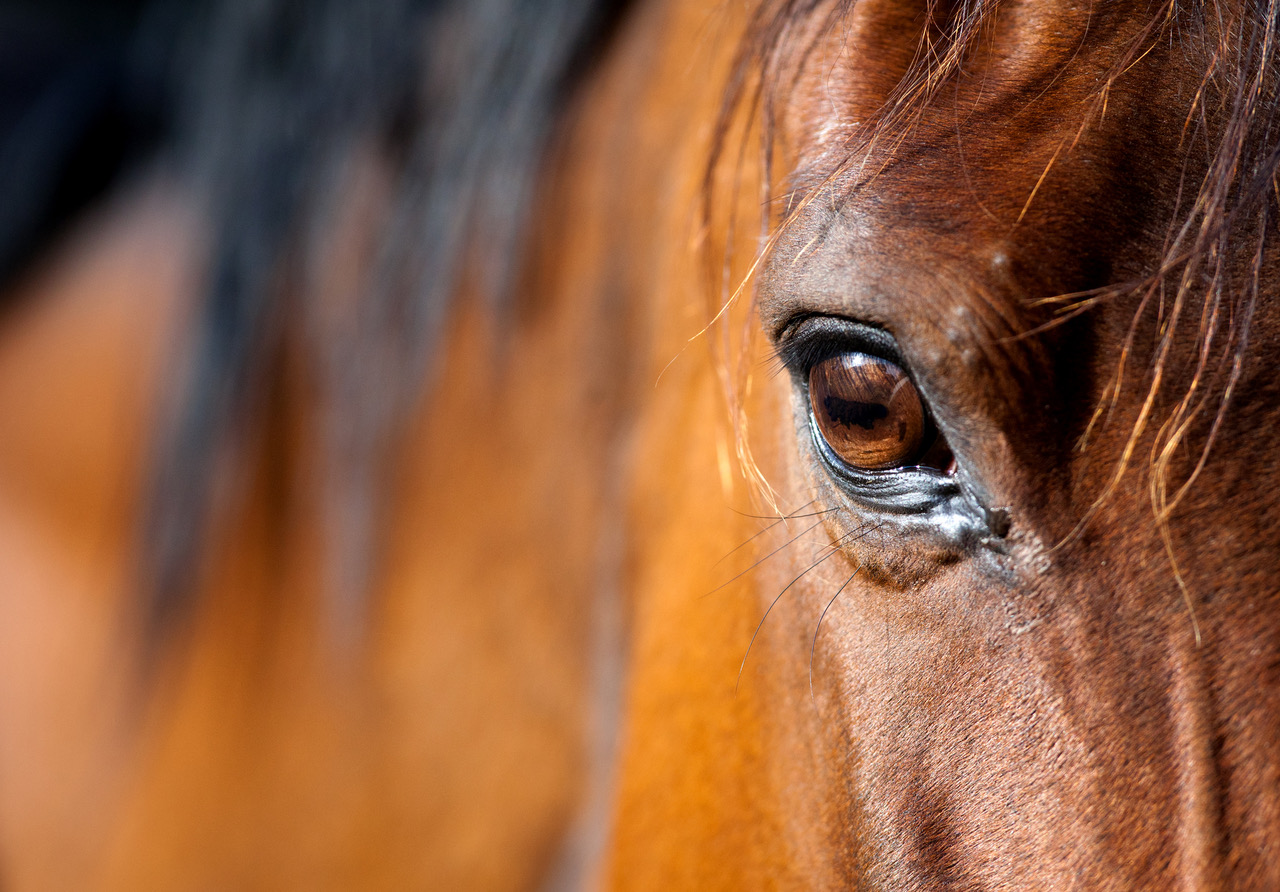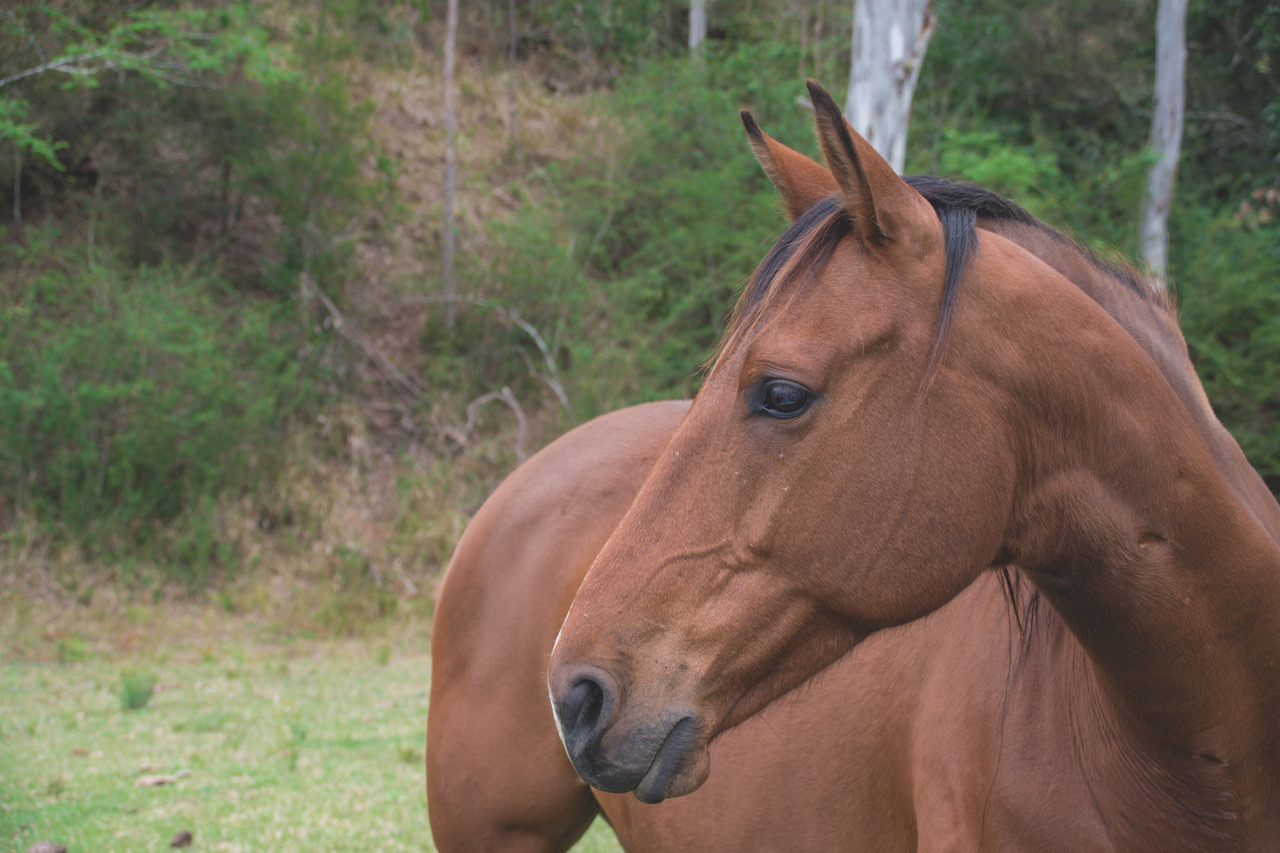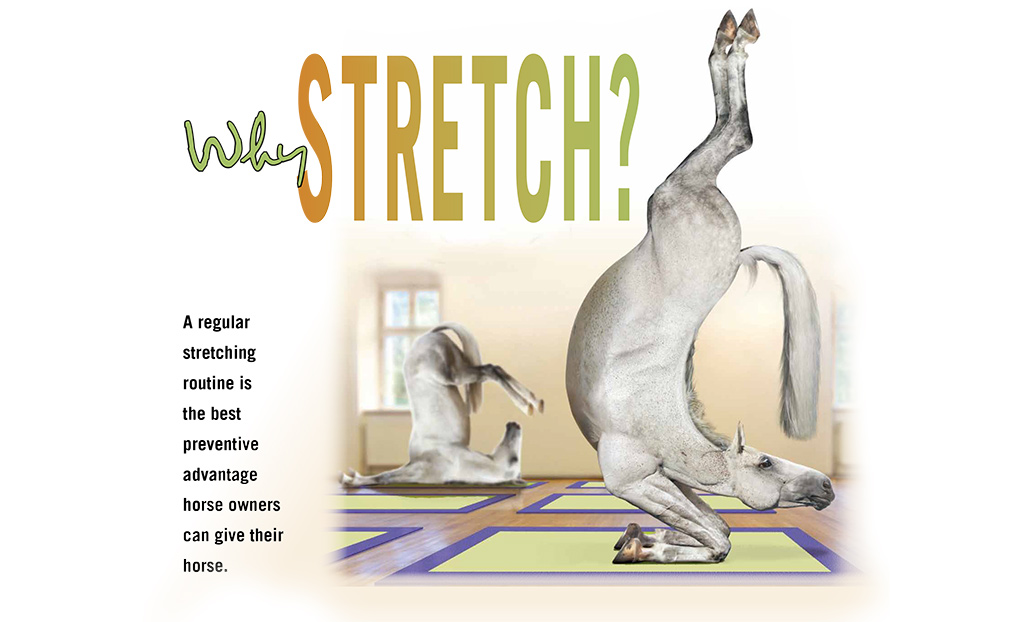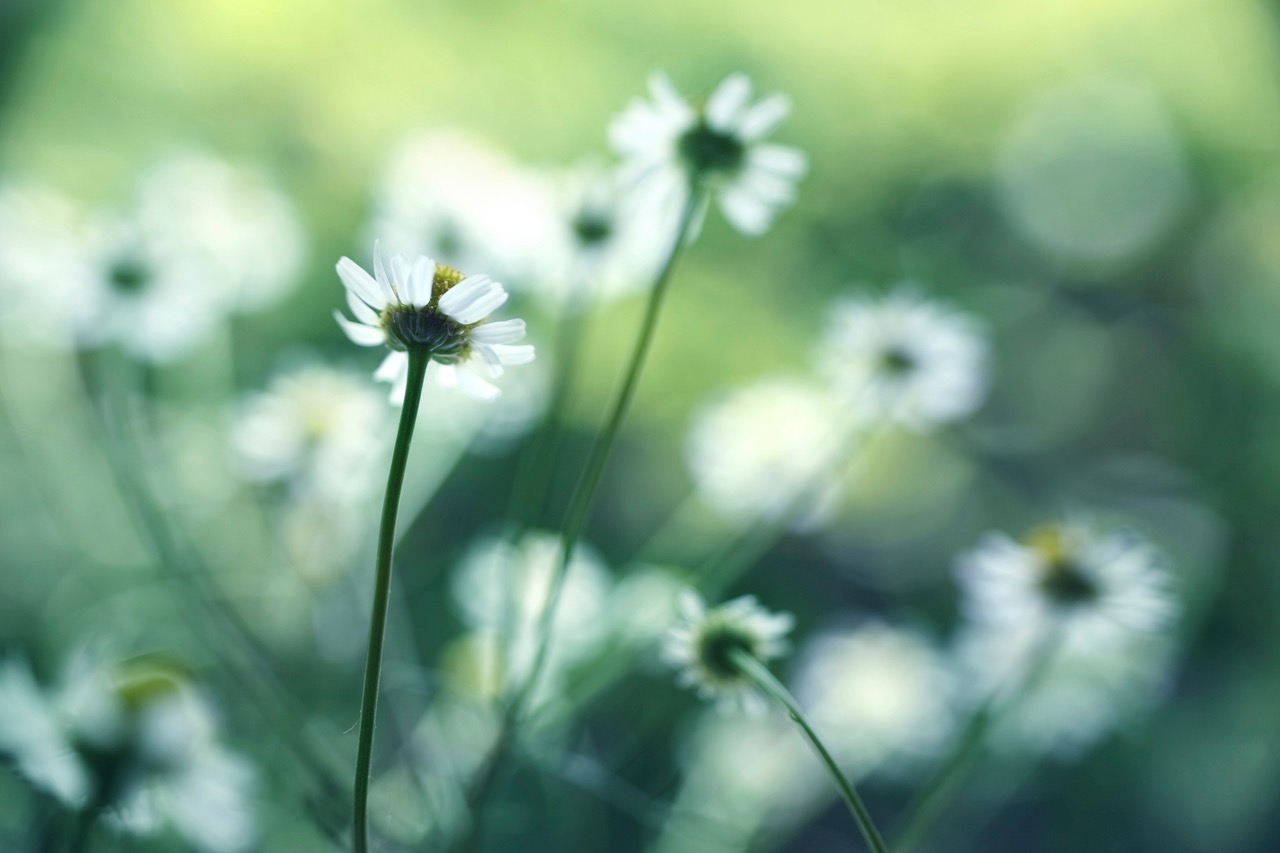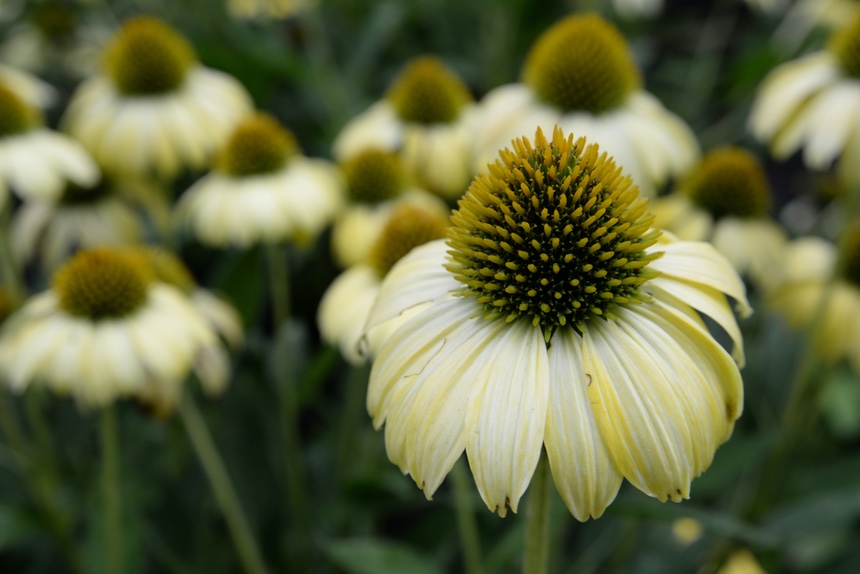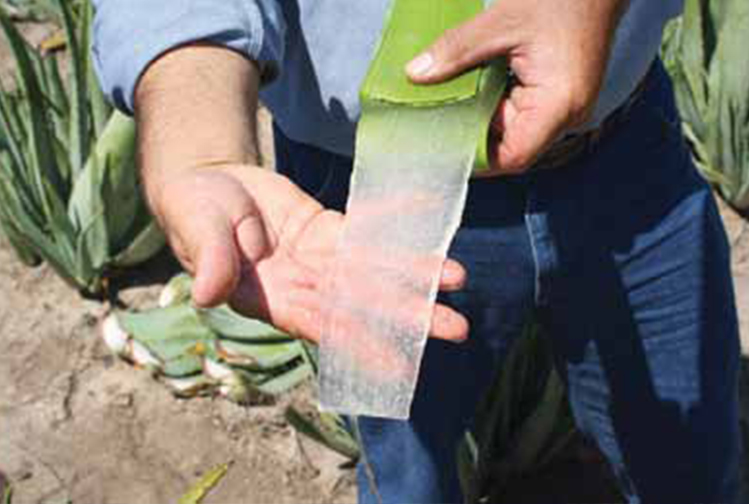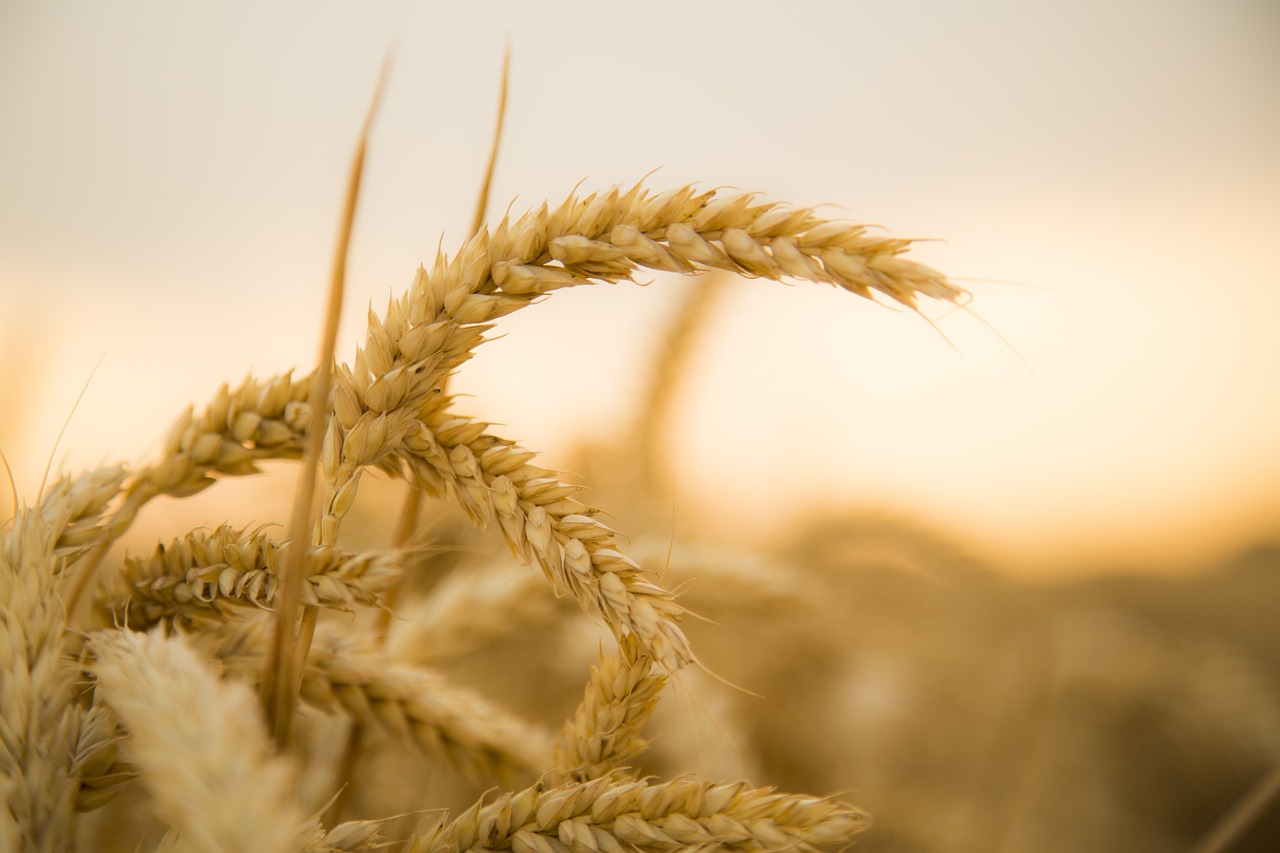Trust Your Instincts: Chanel’s Story
Horses are emotional beings, just like us, and carry stress and trauma with them. This is the story of mother and daughter show jumping team Anita and Alison Ostenfeld, and their beautiful 2 ½ year old filly, Chanel. When they brought her home for the first time it was clear she hadn’t been handled much, but Anita and Alison worked on gaining her trust through groundwork and gentle handling. Then they found Chanel had run through an electric fence - no physical injuries, thank goodness, so all seemed well. A week later, Alison found Chanel away from her paddock mate seemingly frozen in a corner
The Nervous System
Today’s horse is the product of millions of years of evolution, during which survival depended on its ability to sense and respond to the environment in which it lived. This included escaping predators, being able to sense the temperature of its surroundings and identify food. While the need to escape predators may not be a requirement for the modern horse, their physiological response to fear is still to run. To achieve this the various systems and organs in the horse’s body must be linked so they work together. The adjustment of an animal’s response to changes in the environment and the complex linking
Super Immunity
The Herbs and Supplements that boost immune function and help prevent and heal infections The competition season is back in full swing, which means horses are travelling from place to place, staying in different yards or stables and often in close proximity to other horses and ponies. All too frequently horses arrive home harbouring a bacterial, viral or parasitic infection. Initially they may not present with any symptoms - their vital signs are normal, they just seem a little flat. This is the ideal time to administer immune-boosting and infection preventative herbs. The old rule of thumb is the quicker a ‘disease’ is treated the quicker
Liver Tone/Detox
The liver is a multifunctional organ (over 500 hundred functions have been identified) and is essential for life. It’s the body’s chemical factory that has many functions concerned with the processes of digestion, blood cleansing, sugar metabolism – therefore a factor in insulin resistance and metabolic syndrome. It disposes of worn-out blood cells, filters and destroys bacteria and neutralises poisons. It’s the chief supplier and balancer of glucose – the basic fuel of the body. It is therefore very important to help the liver function at it’s best. To do this it is suggested that a liver tonic be used to tone before embarking on
Why Stretch? The benefits of a regular stretching routine for horses
A regular stretching routine is the best preventive advantage horse owners can give their horse. For many horse owners, including equine stretching exercises into their management and training regime is a hands-on way they can help maintain the horse’s suppleness. If muscles aren’t being used properly, they shorten and contract and if this situation continues for a period of time, the tendons and ligaments will start pulling on the bones of the joints. Introducing stretches helps lengthen contracted muscles and extends them to their proper position, relieving pain by taking the stress off the joint. As well as reducing tension in the muscles thereby
Flower Remedies – What they are and How to make them
What are Flower Remedies? What can they do? How can they help? Flowers have been used for healing since time immemorial by humans and animals all over the world. The great healers of the past all believed that good health is the result of emotional, mental and spiritual wellbeing. Indeed without mind balance no physical cure will hold. Flower Remedies, given appropriately, can help us all back into mental/emotional balance. For example, we can all have times, humans, horses and others, of being too impatient, too controlling, overly fearful, jumping at shadows, gloomy, worried, over sensitive, aggressive, doubting oneself, lacking confidence and the list goes
Managing the health of the whole horse with Herbs
Horses, like humans, were treated with herbal medicines up until the 1930s; in addition horses would often self-medicate as herbs grew freely in the fields and hedgerows. With the advent of the industrial age however, came synthesised drugs and changes to agricultural practices which, over time, destroyed much of the natural flora. Medicine advanced greatly for humans and horses in the ensuing years and new drugs were formulated, including highly effective pain relievers (analgesics) and other life saving therapies. Whilst many of these new, ‘synthetic’ medicines were derived from plants and herbs (for example aspirin from willow bark and morphine from the opium poppy),
The Cold Season
So many locations all over Australia are experiencing ‘different’ weather patterns. Temperatures swing wildly from summerlike one day to chilly winter the next. Horse owners can find their rugged horse has either been sweating all day or the temperature dropped 15 degrees and their unrugged horse was cold. Ideal conditions for coughs, colds and chills. Horse owners can find their rugged horse has either been sweating all day or the temperature dropped 15 degrees and their unrugged horse was cold. Ideal conditions for coughs, colds and chills. If a horse has a runny nose and eyes may be a little wet, they could be
Aloe Vera
Aloe is one of the most powerful topical anti-inflammatories in the plant world. Not only does it reduce inflammation quickly it is also a pain inhibitor - you or your horse will feel its soothing effects within 5-10 minutes of application. USES Traditionally Aloe resin has been used extensively as a laxative for people, there’s also references to Bitter Aloes in old veterinary texts for its use in treating colic. The resin containing antraquinones (giving the laxative effect) is found directly under the skin, between the skin and internal mucilaginous gel. The resin should not be confused with the gel. It is the gel that
Wheat Intolerance – In Depth
Wheat intolerance is well documented in humans, but what about horses? And why might a natural product like wheatcause a problem? Most readers will know someone who is ‘coeliac’ or wheat intolerant. Many may even have noticed increased gluten or wheat sensitivity in themselves -fuzzy brain, lethargy, bloating, skin problems etc. and wonder why such a staple food from the human and animal diet is now causing such problems. The answer may be in the breeds of wheat grown today. Until the mid 1950’s the wheat grain that was grown had remained the same since biblical times. The original Emmer and Einkorn wheat varieties (triticum
